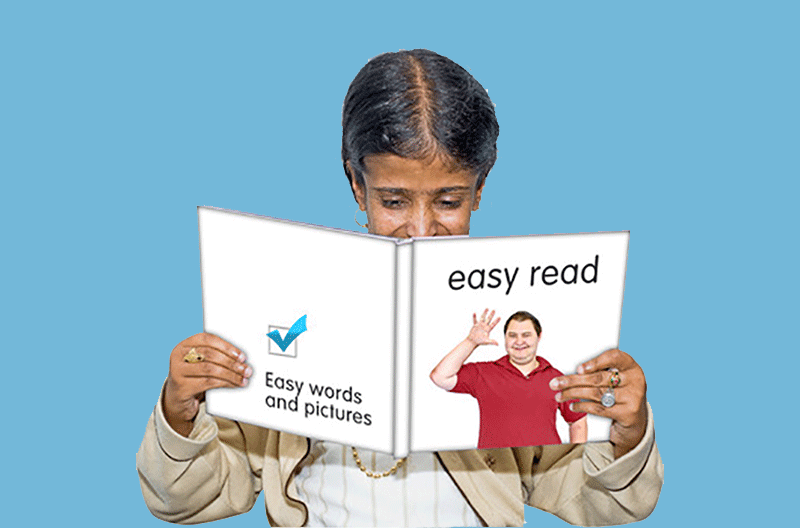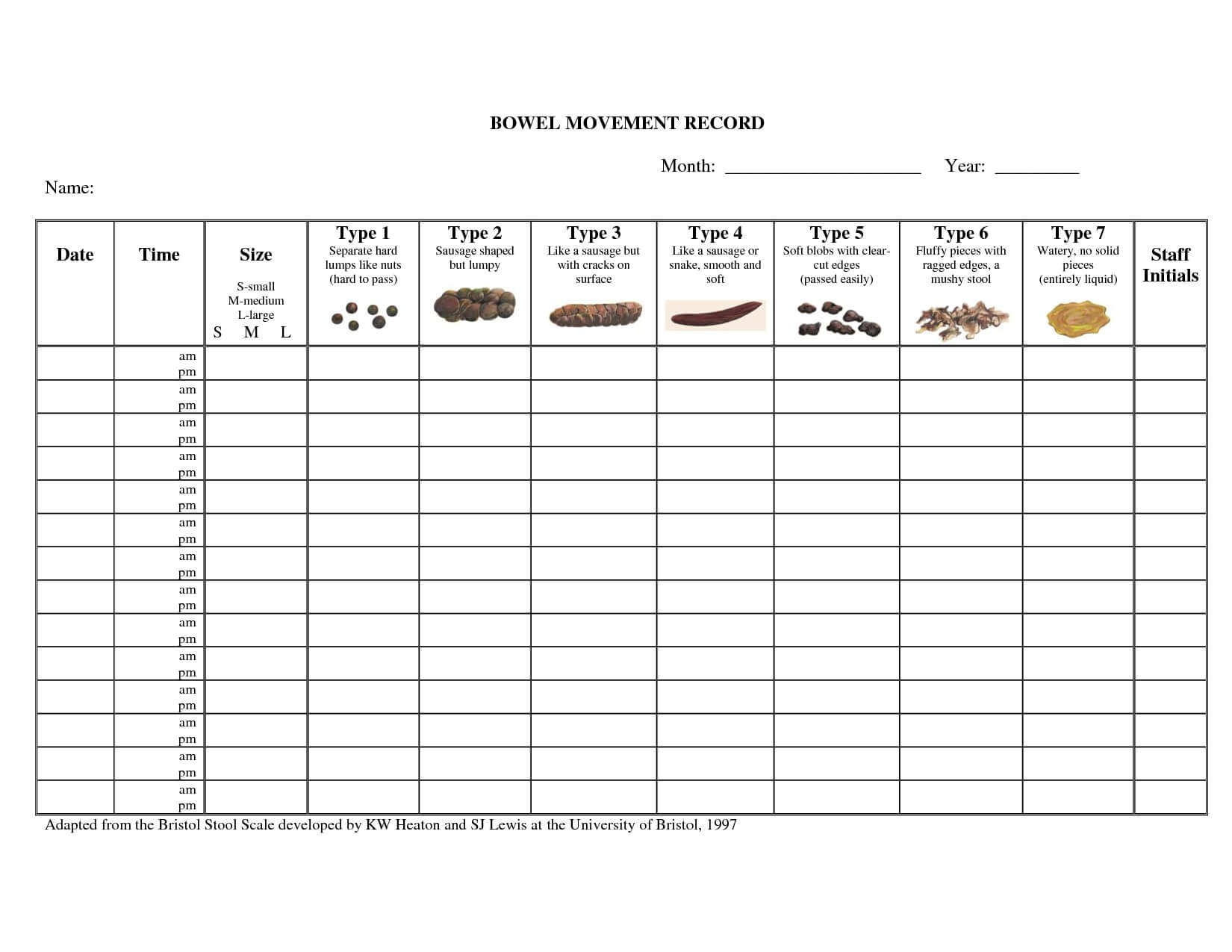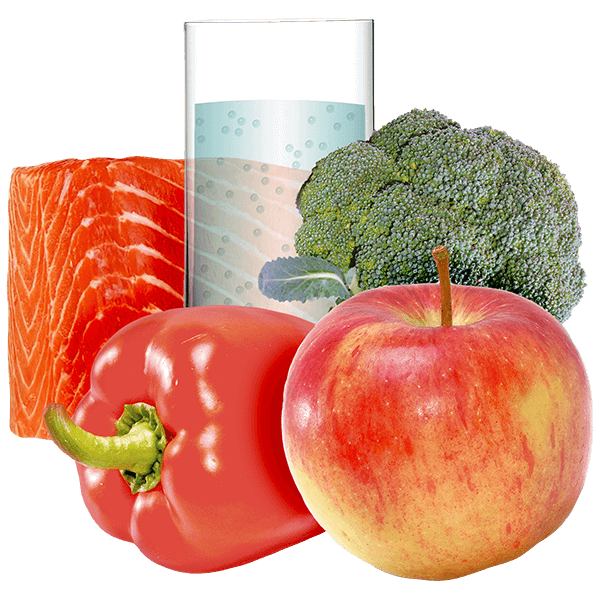For carers: Tracking your bowel movements
A person’s bowel health can change quickly for a number of reasons and anyone can become constipated at any time in their life. It is important to track bowel movements and understand what is normal for you or the person you are supporting.
This page will give you some information about what to keep track of.
The Bristol Stool Chart
Use the Bristol Stool Chart to help determine the person’s intestinal and bowel health. The consistency of the stool depends on how long it has been in the colon. The longer it spends ‘in transit’, the more liquid is absorbed by the colon and the stool will be harder and more difficult to pass.
Click the picture of the Bristol Stool Chart below to download a copy.
What each type of stool means
- Types 1 and 2 can indicate constipation.
- Types 3 and 4 are the easiest to pass.
- Types 5 and 6 may indicate diarrhoea.
- Type 7 may be a sign of illness, for example, food poisoning.
Any significant changes to the person’s bowel movements or any concerns over health and well-being should be reported to the person’s GP. You should call 111 if you believe the person requires immediate help or 999 in an emergency.
Log routines and habits
Keeping track of bowel health and movements should be more than a tick box exercise.By logging lifestyle habits and changes you cam keep track of how these affect bowel health. This information is very useful as part of support plans and for healthcare professionals to use at appointments and checks.
Bowel history
Include previous medical conditions or previous use of constipation medications.
Typical bowel movements
Think about frequency and stool type. It helps to link this to that time period’s completed Bowel Management Records.
Usual toilet routines
Consider likes, dislikes, preferences, when, where and any tips and tricks to support regular toilet routines.
Activity and exercise to maintain good bowel health
Signpost to any relevant support plans and what the minimum amount of exercise/activity is needed every day to maintain good bowel health.
Including information about preferences, likes and dislikes can help make sure activity is enjoyable.
Diet for good bowel health
Signpost any relevant support plans and include preferred food and drink items, as well as dislikes to help avoid a bad relationship with healthy food.
Usual mealtime routines
Include times of day, factors that impact mealtimes and likes and dislikes.
Hydration for good bowel health
Signpost any relevant support plans and include preferences, likes and dislikes.
Usual drinking routines
Identify areas to improve reaching the recommended water intake each day.
Support to use the toilet
Using the toilet independently can cause constipation to go undetected. Include tips to best support regular toilet use.









